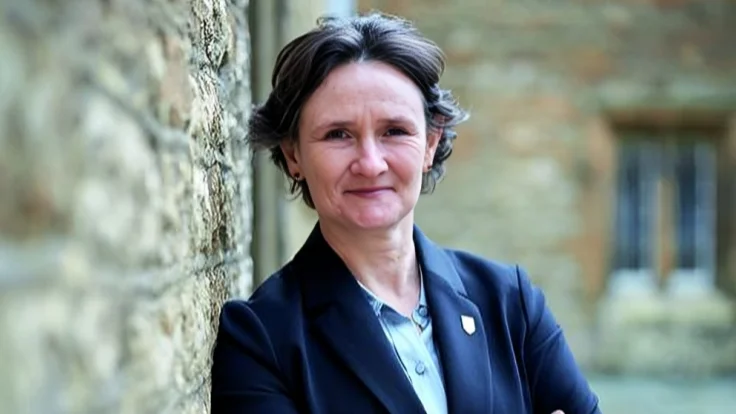Romania's recent presidential election has spotlighted the digital challenges facing European democracies. The 2025 election was not just a political event but also a test of Europe's digital defenses amid rising instability and economic difficulties. It demonstrated how digital interference, algorithmic manipulation, and platform inaction can threaten democratic processes.
According to Dr. Roxana Radu, Associate Professor of Digital Technologies and Public Policy, "What unfolded in Romania is both a warning and a lesson: in the digital age, electoral integrity can no longer be separated from platform accountability."
The erosion of electoral integrity began online rather than at the ballot box. The first round of elections in November 2024 was annulled due to reports of foreign interference and campaign irregularities. Călin Georgescu, initially with 5% support, surged to first place aided by opaque financing and TikTok's recommender system. Georgescu was later banned from running again.
TikTok failed to manage disinformation campaigns effectively, leading to an ongoing European Commission investigation under the Digital Services Act (DSA). In Romania, public outrage followed the annulment, deepening polarization as candidates used online channels extensively.
By May 4, 2025, George Simion communicated mainly through social media securing 40% of votes while Nicușor Dan led with 20%. Prime Minister Marcel Ciolacu resigned following public rejection of political establishment.
During intense scrutiny in the second round, misinformation targeted Nicușor Dan with bot networks flooding TikTok and Facebook. Despite warnings from watchdog groups, platforms' enforcement efforts were inadequate.
Preliminary findings showed TikTok violated DSA rules by failing to disclose sponsorship details for political ads. On election day (May 18), Telegram's CEO alleged French meddling via a message sent to Romanian users—an ineffective but notable instance of platform interference.
Pro-European candidate Dan won with 53.6%, indicating resilience against digital manipulation but also reflecting broader protest sentiments against political paralysis.
Dr. Radu notes that while disinformation was prominent during elections, Romania's unstable political climate exacerbated vulnerabilities. The EU’s Code of Conduct on Disinformation has been insufficient without companies like Telegram participating fully.
To prevent future crises, timely execution of digital safeguards is crucial alongside robust oversight mechanisms for maintaining electoral integrity across Europe.
"Brussels must recognise Romania’s experience for what it is: a frontline preview of challenges facing democracies across Europe," stated Dr. Radu regarding necessary actions moving forward.
Dr. Radu advises governments on technology governance issues and serves on the Advisory Group of the EU Cybersecurity Agency.

